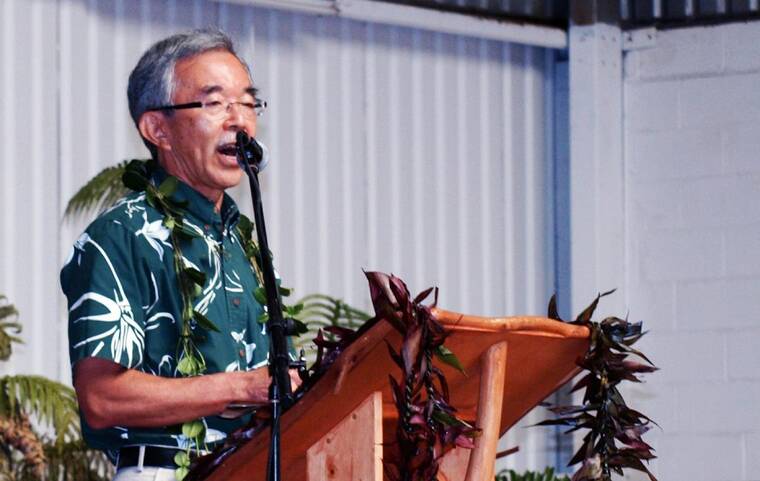HONOLULU (HawaiiNewsNow) – Carissa Moore is the most decorated competitive surfer in Hawaii’s history, topping former World Champs John John Florence, Andy Irons and Sunny Garcia.
And she’s the only Hawaii surfer to ever win Olympic gold in surfing.
Of course, Duke Kahanamoku won multiple medals, but those were in swimming.
“It was super, super special to you know, I felt like through the Olympic journey, last time, I felt like I got to learn a lot about Duke Kahanamoku and his legacy and feel a deeper connection and pride for where I come from, the place treally raised me, the waves, my community and being able to like, represent and surf for something bigger than myself,” Moore said.
Moore competed in the 2020 Tokyo Summer Olympics, which was held in 2021 due to the pandemic, and became the first-ever winner of the Olympic gold medal in women’s shortboard surfing.
“Obviously getting to win in Tokyo in 2021 was so so special. But so many things had to fall into place. And so I don’t really feel too much pressure to have to back it up,” she said. “The Olympics far exceeded my expectations that I had, it was the first time so I didn’t really know what was going to happen or how it was gonna change surfing or, you know, if it was just gonna be like another CT event.”
“But it definitely did feel like a bigger stage.”
That’s in the rear view mirror now. Since the landmark victory, Moore has been able to get some me-time.
Previous Coverage: Carissa Moore is stepping away from competitive surfing, but she left a lasting impact
“So I, I’ve actually got to have a few months to just relax and go to Japan with my Nana and my sister. And, you know, I decided to step away from competing full time this year to focus on the Olympics, but also have some time to like, do other things. So it’s been a nice balance of both,” Moore explained.
In preparation for the Olympics, Moore has been logging a considerable amount of time training down in Tahiti on a wave that is not for the faint of heart.
“It’s one of the most intense, intimidating, challenging waves to surf, you really have to have a high level of skill to like read the wave and navigate the steep takeoff. And obviously, there’s a huge risk involved. There’s a shallow reef and you could get very hurt, but you could also have the ride of your life. Comfortable level is, you know, it’s getting there. I think the more than I spend time at the wave and hopefully learn and, and you know, just get the reps up, that will help me to feel more confident. But at this point, I don’t, I don’t know if you can ever feel like 100% comfortable,” Moore said.
Then there’s the competition, the best of the best will be there, including one Tahitian woman who has the luxury of a home break advantage.
“Everyone’s earned their spot and are very, very talented and experienced,” Moore said. “And I’m gonna have to bring my A game if I want to do well there and put in the work.”
Among Moore’s accolades is 11 national titles, five world titles and the Olympic gold title. While she’s a fierce competitor in the water, Moore says it takes a lot to tap into that side of her.
“It’s definitely not natural for me to like, just be super competitive, or confrontational. But like, you have to have a little bit of that like hunger and drive and fire and like get up close and personal at times,” she added.
When asked if another Olympic gold medal could a be trigger back to competing for the world championship again, she responded:
“I don’t know honestly, I haven’t really thought too much further than this summer I’m just trying to really simplify things… I will definitely give myself some space to kind of figure out what I want to do next.”
Win or lose, Moore’s next move will involve her Moore Aloha Foundation which aims to help girls and women navigate the waves of mental health and wellness, and create a life of positivity, purpose and passion.
Her message to young people?
“If I had any advice to the young ones coming up, or just anyone in general, I think just this belief that anything really is possible with hard work and dedication and a lot of love and a lot of aloha. Yeah, you can achieve your wildest dreams. I truly believe that.”
Copyright 2024 Hawaii News Now. All rights reserved.



































